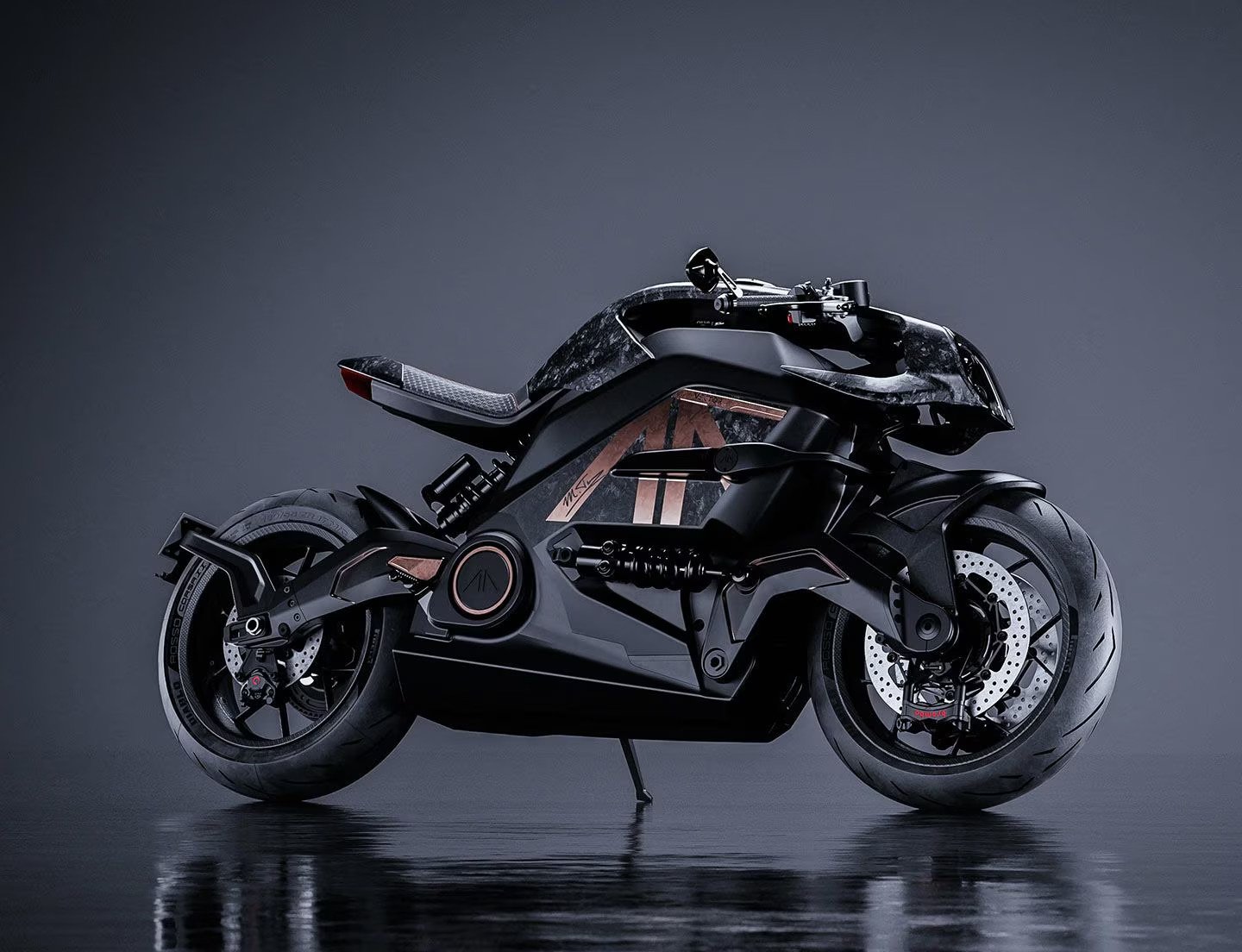3.2K
The year 2025 marks a pivotal moment in the evolution of transportation with the significant rise of electric motorcycles. This surge isn't just about the novelty of electric power but reflects a broader shift towards sustainable, high-performance, and cost-effective commuting solutions. Electric motorcycles, once seen as niche products for early adopters, are now becoming mainstream, driven by advancements in battery technology, supportive government policies, and a growing consumer demand for eco-friendly transport options.
By 2025, electric motorcycles have made impressive inroads into markets around the world, not just in urban centers but also in regions where traditional motorcycles have long been the norm. The technological leap in battery efficiency means these bikes now offer ranges and performances that rival, if not surpass, their internal combustion counterparts. Lithium-ion batteries have become more energy-dense, reducing weight while increasing range, and fast-charging infrastructure has expanded, mitigating one of the primary concerns of potential buyers - range anxiety. Manufacturers like Honda, with plans to introduce over 10 electric models by 2025, are leading the charge, integrating technology that not only reduces emissions but also enhances the riding experience with features like regenerative braking, smart connectivity, and silent operation.
This shift is bolstered by legislative support in various countries, with incentives for electric vehicle adoption becoming more common. In places like India, where two-wheelers dominate the vehicle landscape, government subsidies and tax benefits for electric motorcycles are accelerating their acceptance. Similarly, in Europe, stringent emission standards are pushing manufacturers to innovate with electric alternatives, leading to a diverse range of models from city scooters to high-performance bikes.
The consumer base for electric motorcycles has expanded beyond just the environmentally conscious. Riders are drawn by the promise of lower running costs, minimal maintenance due to fewer moving parts, and the unique, smooth power delivery of electric motors. The market has also seen the emergence of dedicated electric motorcycle startups like Zero Motorcycles and Energica, which have carved out niches with high-performance electric bikes that cater to enthusiasts looking for speed and technology. Moreover, the integration of IoT and AI into these motorcycles allows for personalized riding experiences, from adjusting power output to optimizing battery use based on riding habits and road conditions, making electric motorcycles not just a choice for the future but a compelling option for today's riders.




Comments (0)